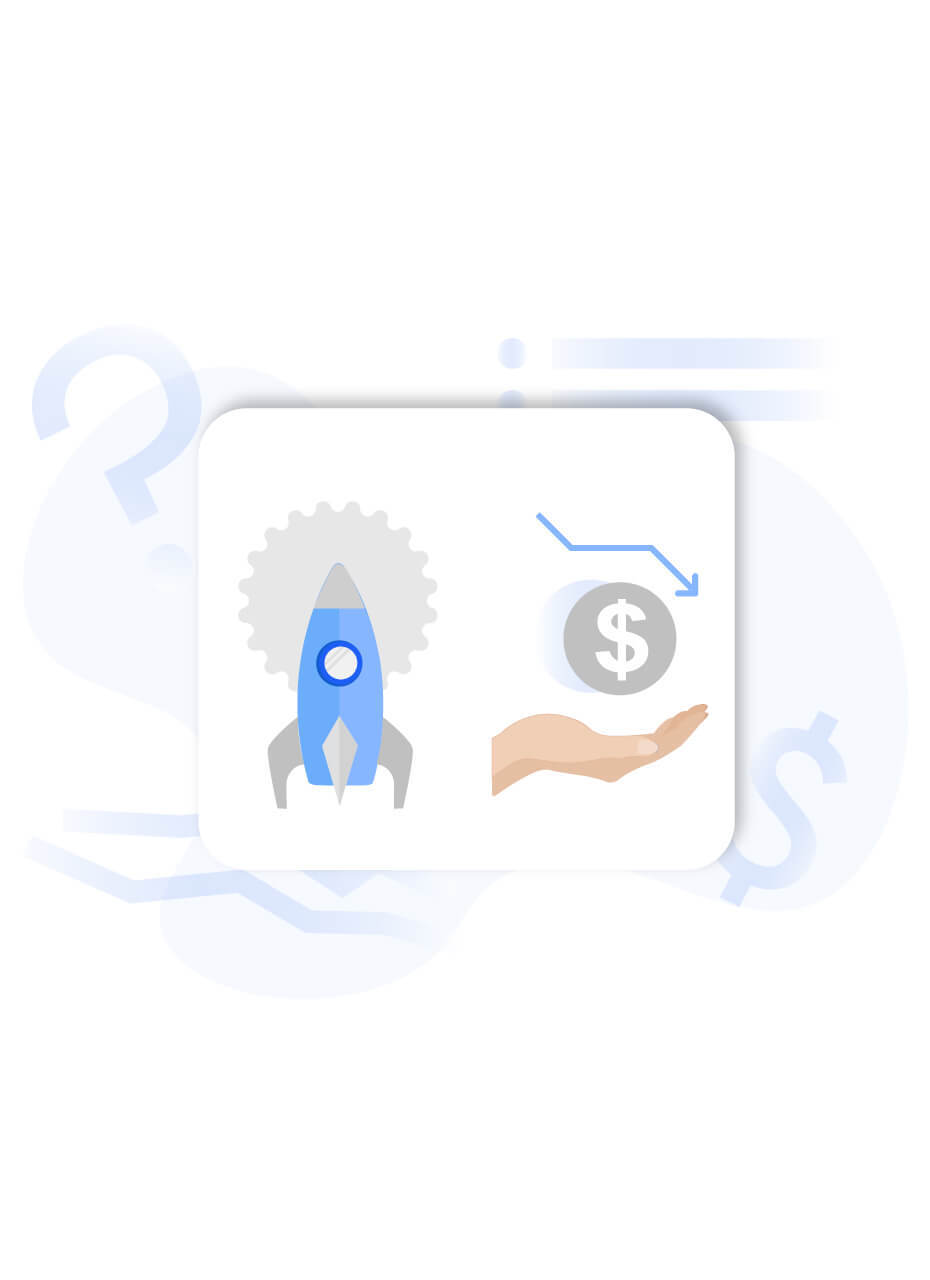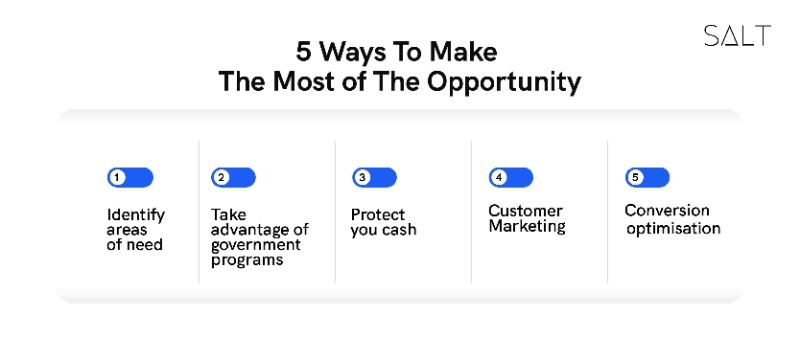
Starting a business during recession often known as economic downturn and sluggishness might seem like an uphill battle. However, having a solid strategy and tackling certain obstacles can actually help you gain an edge over contemporary businesses. To get you started, here are five ways you can make the most of the unique circumstances only an economic recession brings!
What is the Recession?
A recession is when economic downturns are typically characterised by a decline in the gross domestic product (GDP), high unemployment, and a drop in business activity. By starting a business during recession, the consumers and businesses may reduce spending, reducing demand for goods and services. This can result in a decline in production and a rise in inventory, which can lead to layoffs and further reductions in spending. Decreased asset prices, such as stocks and real estate, and a surge in borrowing costs often accompany recessions. This can also lead to a downfall in the value of the currency and a rise in inflation. So, it is always a better idea to start businesses that are recession proof.
Recessions can occur by various factors, including economic imbalances, like high levels of debt or overproduction; global economic events, such as a decline in exports or a financial crisis; or internal factors, such as a decline in consumer confidence or a drop in business investment. Governments and central banks often take measures to try to stimulate economic growth in business during a recession, such as reducing interest rates, increasing government spending, or implementing fiscal policies to encourage consumer and business spending. These efforts are intended to help jumpstart economic activity and bring the economy out of recession. One can achieve the optimum result by starting a business during recession with the utmost strategy.
Five ways to make the most of the opportunity

To start a business during a recession can be difficult and challenging, but it can also be an excellent opportunity to build a strong foundation for long-term success. Being proactive, adaptable, and resourceful, you can position your business to thrive during tough economic times.
Identify areas of need
Starting a business during recession, people may be more inclined to cut back on non-essential purchases, but they will still have needs that must be met. So for business during a recession, look for products or services people will continue to need and be willing to pay for, such as essential household goods, healthcare, and financial services.
Take advantage of government programs
Many governments offer programs to help small businesses weather economic downturns. Look into grants, loans, and other financial assistance available to help you get started or keep your business running during tough times.
Protect your cash
Even in a down economy, costs like rent, taxes, and salaries must be met. There has to be a steady flow of income and a reduction in wasteful spending to balance the books. You may boost revenue by advertising your most profitable goods and charging more for your time. In a bind? For starting a business during recession, try searching for a low-interest business loan to help you with expenses.
Customer Marketing
Do you know that a 25-95% boost in revenue is possible with only a 5% increase in client retention? When the economy is in a declining stage, and people are looking for ways to save money while still meeting their goals, it's clear that marketing to your current clientele is the most cost-effective strategy. In light of the looming economic downturn, here are some pointers for effective consumer marketing if you are starting a business during recession:
Maintaining a personal connection with your current clientele may be accomplished via targeted email campaigns.
You can differentiate yourself from the competition by giving your consumers more than they bargained for in the form of better customer service, free upgrades to current features, in-depth assessments of their issues, demonstrations of how your product can address those problems, etc.
Give your customers a break or a bonus if they spread the word about your products.
Conversion optimisation
In this time of economic uncertainty, throwing your company's resources into a single venture is unwise. You wouldn't want to put all your traffic-generation in one basket, so to speak, if you're already in a financial bind; while throwing money at issues like "poor traffic" may provide the desired results initially, it is ultimately not a viable method.
Let's imagine you've decided that guest checkout is the key to keeping customers from leaving your site and increasing sales. To determine which experience is more effective at generating income, you may compare it to another (the control without guest checkout) and a variant (with guest checkout). You'll go for the one more likely to result in a conversion. That's the best option.
Which are the businesses that are Recession Proof?
Starting a business during recession which provides critical services, such as healthcare, elderly care, food shops, and home repairs (plumbing, electrical, etc.) means they are less likely to suffer during economic downturns and are part of businesses that are recession proof. It is because of the relatively low elasticity of their customers' demand. However, streaming services, video games, computer hardware, cybersecurity consulting, and information technology support are all booming industries in today's digital landscape. Therefore, these businesses come under the category of businesses that are recession proof.
When times are tough, discretionary spending is the first to go. Consumption-based businesses like restaurants, clothing stores, and grocery stores are expected to suffer. You're more risk-averse than you realise if you consider whether the sector is recession-resistant.
Conclusion
While there are certainly challenges to starting a business during recession, there are also compelling arguments in favour of doing so. Consider the aforementioned suggestions if you're considering launching a company amid a downturn. Keep hope and work toward your goals; persistence and effort will pay off.
Moreover, it is best suggested to always choose businesses that are recession proof to avoid the loss which might come through other areas.
As you start the business, you are also responsible for the team working with you. Here's a blog on being an employer during recession.
Salt is a neobank dedicated to offering you the utmost ease when it comes to conducting global business with local accounts! Give our website a visit to find out more!


